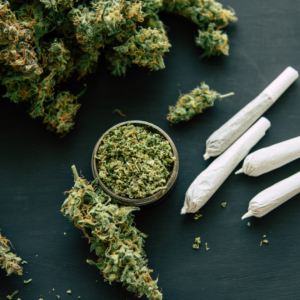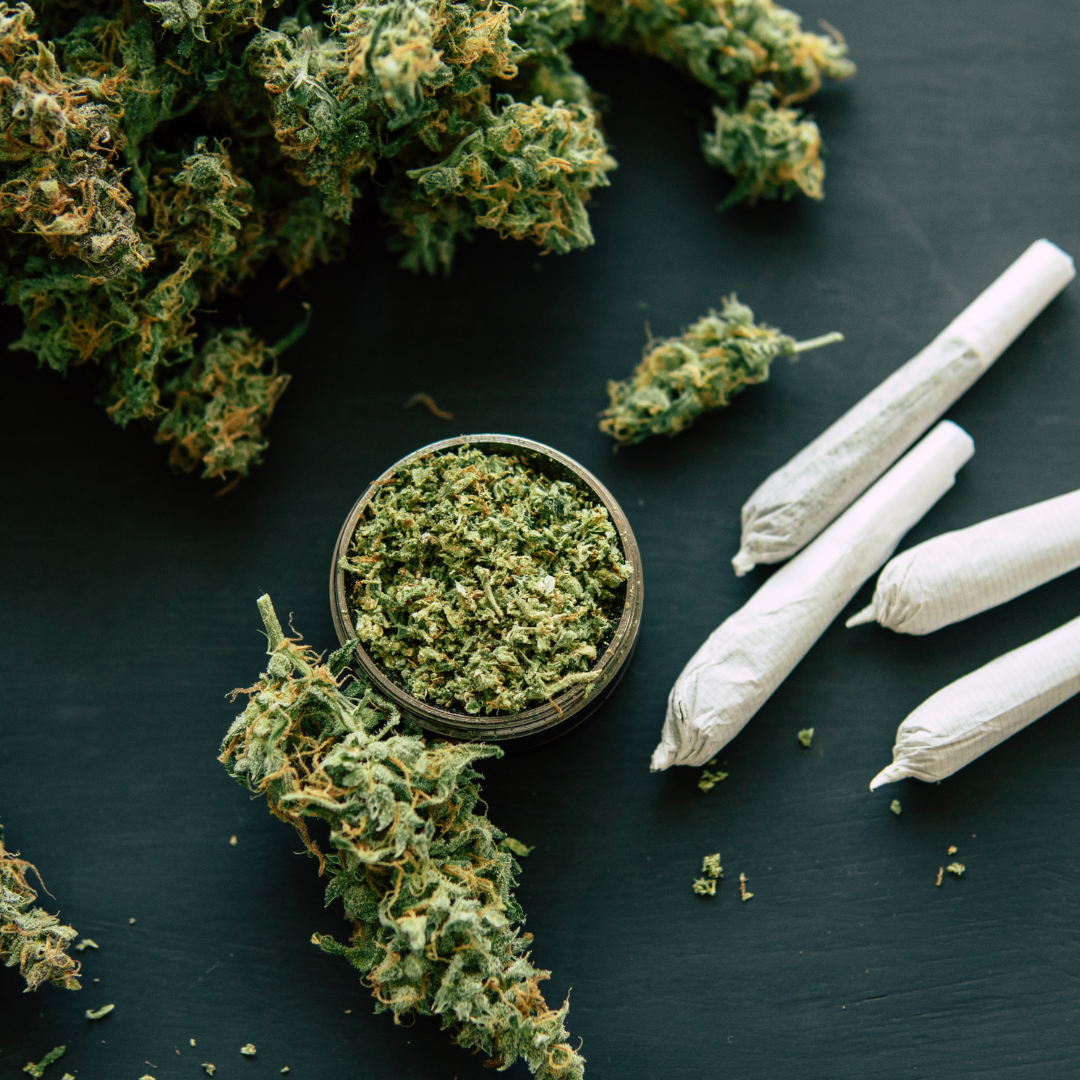 Introduction:
Introduction:
Many industry experts agree that removing cannabis from the list of Controlled Substances would be ideal. But a rescheduling could make things more complex—or even a ‘disaster’ for the state-legal industry.
In a significant move, a high-ranking U.S. Department of Health and Human Services (HHS) official recently suggested that cannabis should be reclassified from its current classification. If this suggestion becomes reality, cannabis would be reclassified as a Schedule III drug under the Controlled Substances Act (CSA). This potential reclassification could have far-reaching implications, impacting both research and regulation surrounding cannabis. For more information on the timelines, best- and worst-case scenarios, and the impact of each schedule, click here. For everything else, let’s dive into what you can expect.
Breaking Ties and Easing Restrictions
Currently, cannabis is grouped with “high abuse” substances like heroin and LSD. However, reclassifying it as a Schedule III drug would change its status to be more in line with substances such as ketamine or acetaminophen products containing codeine. This change could break specific federal barriers that hinder scientific research on cannabis, making it easier for universities and independent labs to explore its potential. Additionally, it might ease tax burdens on state-licensed cannabis operators, potentially lifting the 280E tax code, which prevents cannabis companies from deducting ordinary business expenses.
The Role of HHS and FDA
This recommendation from HHS follows President Joe Biden’s directive to review how cannabis is scheduled under federal law. Specifically, HHS oversaw a medical and scientific analysis of cannabis, working in conjunction with the U.S. Food and Drug Administration (FDA). The FDA considered eight factors in making their control status recommendation, including the potential for abuse, scientific evidence of effects, and public health risks.
DEA’s Decision and Future Steps
Despite the HHS recommendation, the Drug Enforcement Administration (DEA) holds the final authority over rescheduling drugs. They will need to conduct their review process before making a decision. However, the timeline for this process remains to be determined, with no specific public deadline set by the Biden Administration. Industry stakeholders expressed enthusiasm about the possibilities of this incremental reform, with several calling it “historic.”
Impact on Regulation and Trade
Should the DEA follow the HHS recommendation and reclassify cannabis as Schedule III, it would enter a new realm as an FDA-controlled drug. While this could open doors for research, it’s important to note that trafficking cannabis or adulterated versions would still carry criminal penalties.
Joe Biden’s Pardons and Scheduling Review

The two sections of Biden’s order are scheduling reviews and pardons.
Regarding the first half, the president has forgiven over 6,500 people who merely possessed marijuana under federal law. He demonstrates his growth by showing discretionary mercy to a broad group of people harmed by the legal system. For this, he deserves credit.
Nevertheless, the fact that he did the bare minimum to demonstrate that he is keeping his campaign pledges just before the midterm elections is significant. The clemency and pardoning powers have inherent restrictions. They serve to restore some rights and put an end to future punishment against an individual, rather than being expungements that erase a record. However, pardons serve as an admission of guilt and documentation of it.
They are primarily used on convicts rather than free people for this reason. No one who is or was imprisoned for breaching state or other local laws qualifies since Biden’s pardon solely applies to federal charges and convictions, including transgressions of the D.C. criminal code. Due to Biden’s clearing, it’s also being determined whether anyone will ever be let out of a federal jail. Rescheduling is recriminalizing; de-scheduling is decriminalizing.
Even if Congress chooses to decriminalize cannabis, what are the other paths?
This does not change the current IRS Code 280E tax liabilities, the obligation for earlier criminal activity, and the revenues from those crimes. It must offer a clear, minimally onerous solution to ensure that craft producers and small and minority-owned enterprises can thrive. The unpalatable fact is that businesses, including multistate corporations, require criminal justice reform just as much as the following nefarious organizations operating on federal property. This is the reason the authors of the States Reform Act and the Cannabis Administration and Opportunity Act took great care to retroactively correct the criminal liability for non-violent offenders who no longer pose a threat to society, putting both individuals and already-existing state-licensed businesses back on an equal footing.
Conclusion:
The potential reclassification of cannabis as a Schedule III drug marks a significant turning point in the ongoing debate about its legal status. This change could facilitate research and ease certain tax burdens for the cannabis industry. However, until the DEA completes its review process and a final decision is made, the exact implications remain to be seen. As the regulatory landscape evolves, it’s crucial for all stakeholders to stay informed and engaged in the ongoing discussion surrounding cannabis regulation and research.
How we can help you
Cannabis License Experts offers support from day one of starting your cannabis business, including strategic planning, floor plan preparation, site audits, SOPs, Preventive Control Plans (PCPs), and more.
Our Edibles Compliance division can provide you with a solid plan for your edibles business to help get your products on store shelves.
Contact us today for a free consultation, and let us help you get started on the path to obtaining a processing license and running a successful cannabis business!


